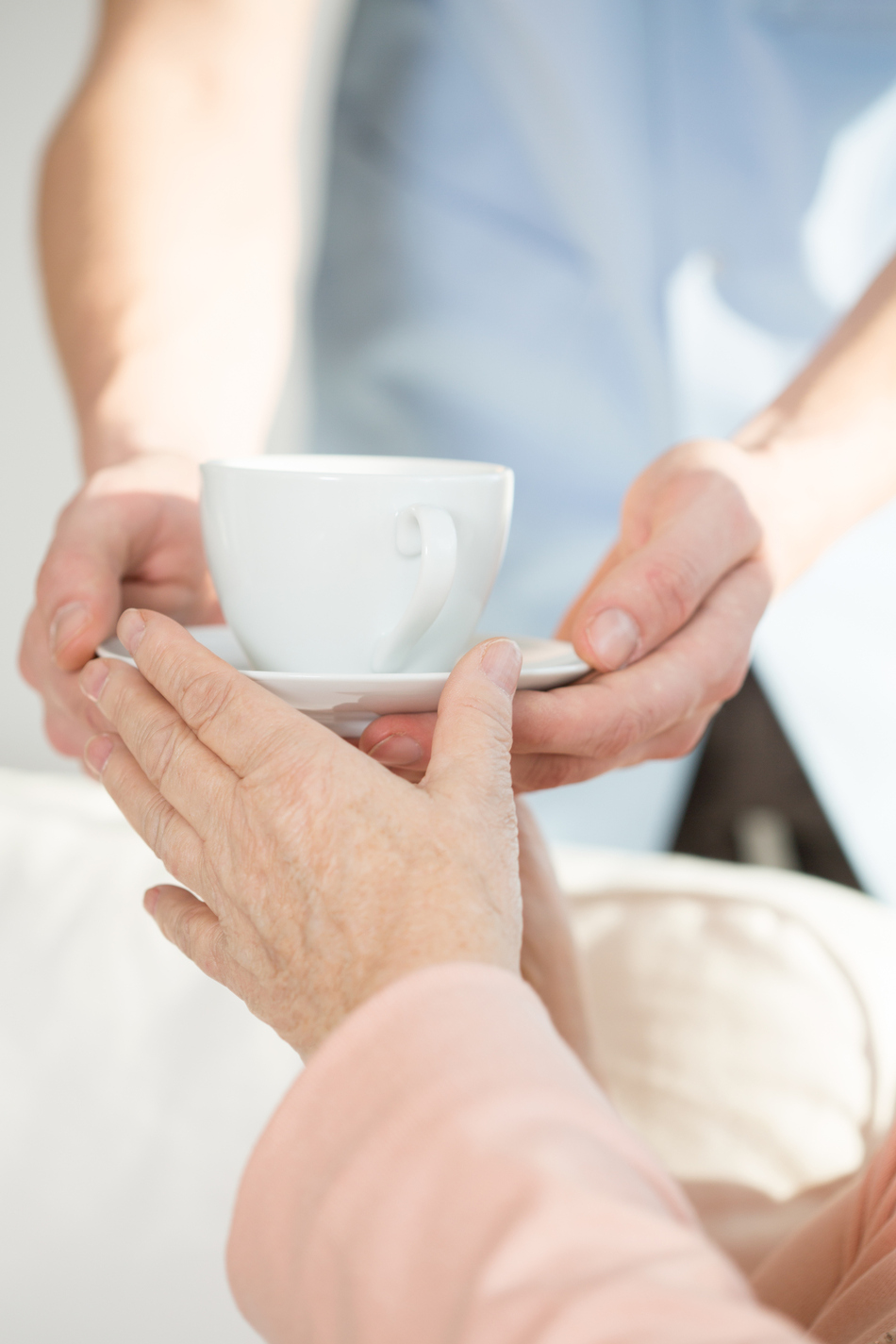
Episode Transcript
Dr. Jones: Post-op Jell-O in the hospital? Make mine a double espresso Jell-O. This is Dr. Kirtly Jones from Obstetrics and Gynecology at University of Utah Health and we're talking about coffee in the hospital on The Scope.
Announcer: Covering all aspects of women's health. This is the "The Seven Domains of Women's Health" with Dr. Kirtly Jones on The Scope.
Dr. Jones: It turns out that our coffee shop in the hospital is the busiest coffee shop in Utah. It is open 24/7, 365 just like the hospital. The customers are weary residents, early bird attending physicians, nurses, staff, visitors, patients, and a few in hospital gowns, pushing their IV poles. Well, we've talked about how coffee in moderate doses isn't bad for you if you're a grown-up, but what about if you're in the hospital?
Some years ago, I read an article in "The New England Journal of Medicine" about research that demonstrated that coffee drinkers who are given caffeine in the first morning after surgery had fewer headaches, better attitude, and faster return to gut motility, get your innards going. This was in the days when we didn't feed women who'd undergone abdominal surgery for problems such as a hysterectomy for several days. Only ice chips until our ladies passed gas.
Well, that could take a couple of days and post-op headache was a common complaint that we treated with Tylenol or narcotics. We never asked if the patient routinely had morning coffee or several diet Cokes each day, and we never thought that our patients might be undergoing caffeine withdrawal. We know that women and men undergoing surgery usually fast from the night before, have their surgery the next day, and then they may be 48 hours from their last caffeine hit when they wake up in the morning after surgery, primetime for a caffeine withdrawal headache.
One study showed that people who are caffeine consumers had less headache if they drank coffee the day of surgery or the morning after. Another recent randomized trial looked at patients after bowel surgery and found that patients who were given coffee the day after surgery were more likely to have their bowels move and go home a day earlier than people given water.
And finally, in February of 2017, in "The American Journal of Obstetrics and Gynecology," which is why I'm talking about this, a ladies doctor, a study was reported about post-op coffee. A randomized study of coffee versus water in women who were having a hysterectomy and lymph node dissection for gynecologic cancer. They were randomized to coffee or water, and ladies who were given coffee had their bowels move faster, they tolerated food a day sooner, and they went home a day sooner.
This study was interesting in that only 23% of the patients were coffee drinkers before the surgery. So the effect was found in coffee drinkers and women who weren't used to coffee. Unfortunately, they didn't measure the willingness to get up and go after surgery or measure the grumpiness factor in women getting caffeine or water, but that would have been a great study.
So certainly, women who are older with heart disease or women with heart rhythm problems may not want to have coffee if they aren't used to it. And some patients don't like the effect of caffeine. However, we should at least ask our patients and our patients should tell their doctors if they're regular consumers of caffeine and find out if their team will add coffee or their caffeine beverage of choice when they're post-op in the hospital.
Of course, we wouldn't recommend caffeine in the later afternoon or evening or our patients would even get less sleep than they will with us keeping them up all night long getting vital signs. So we want our patients to be happy, headache-free, and bowels moving with a good attitude. And about those espresso Jell-O shots, I think they could be the next big thing on the clear liquid menu in the hospital.
Announcer: Want The Scope delivered straight to your inbox? Enter your email address at thescoperadio.com and click "Sign Me Up" for updates of our latest episodes. The Scope Radio is a production of University of Utah Health Sciences.